Geography and environmental science
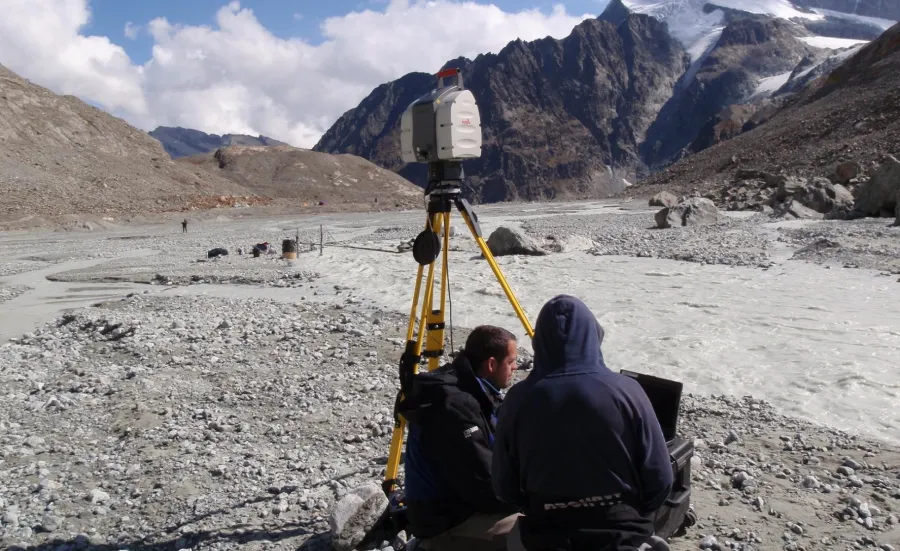
Join our researchers working on major global challenges including poverty, climate change and conservation.

Join our researchers working on major global challenges including poverty, climate change and conservation.

Geography and environmental science at Southampton is recognised as a UK leader for its research outputs.
You'll join a friendly, diverse and international community of postgraduate researchers while working within one of our world-leading research groups. You'll use emerging theory, novel analytical tools and ethical field-based research methods during your degree.
As well as being supervised by researchers who are internationally-recognised experts in their disciplines, you'll be mentored by 2nd and 3rd year PhD students.
Alongside your project, you'll have opportunities to teach, help out with field courses and develop activities to achieve impact and engagement outside academia.
We also offer employability workshops and professional development training.
Our interdisciplinary approach means your project may be jointly supervised by colleagues from other schools across the University, such as:
We advertise most of our PhDs between September and November, with closing dates at the end of February, but these dates can vary.
You can apply for a project advertised by one of our University supervisory teams, propose your own project idea, or apply to one of our doctoral training partnerships.
We offer a wide range of fully funded research degrees. These cover the fees associated with your study and come with a maintenance grant to help towards living costs. Many also offer additional help towards your research and training activities.
Doctoral training partnerships offer funded research degrees through a structured 4-year programme. These include additional training in research methods and skills. You will propose your own research project idea within specified topics in physical geography and environmental science, or human geography.
Projects in physical geography and environmental science:
Projects in human geography:
Interdisciplinary projects:
We offer several scholarships to make PhD-level study available to more students. These include:
There are many other ways to fund your PhD.
You can borrow up to £30,301 for a PhD starting on or after 1 August 2025. Doctoral loans are not means tested and you can decide how much you want to borrow.
Find out about PhD loans on GOV.UK
You may be able to win funding from one or more charities to help fund your PhD.
You'll need to pay tuition fees for every year of study. Fees are the same whether you're studying in person or by distance learning. If you're applying for a fully funded project, your fees will be paid for you.
| Subject | UK fees | International fees |
|---|---|---|
| Geography full time | £5,238 | £27,300 |
| Geography part time | £2,619 | £13,650 |
| Geography South Coast Doctoral Training Partners full time | £5,238 | £27,300 |
| Geography South Coast Doctoral Training Partners part time | £2,619 | £13,650 |
| Subject | UK fees | International fees |
|---|---|---|
| Geography full time | £5,006 | £26,700 |
| Geography part time | £2,503 | £13,350 |
| Geography South Coast Doctoral Training Partners full time | £5,006 | £26,700 |
| Geography South Coast Doctoral Training Partners part time | £2,503 | £13,350 |
| Subject | UK fees | International fees |
|---|---|---|
| Geography full time | £4,786 | £26,100 |
| Geography part time | £4,786 | £13,050 |
Access full fee information from previous years.
You're eligible for a 10% alumni discount on a self-funded PhD if you're a current student or graduate from the University of Southampton. This will not apply for programmes that are externally funded. Please check the fees and funding section.




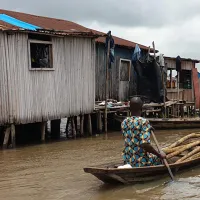
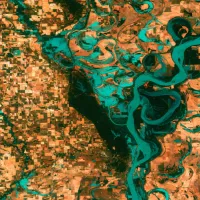
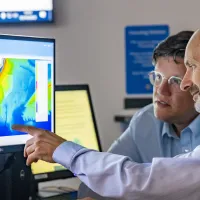
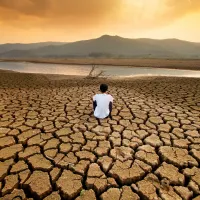


Decide whether to apply to an advertised research project or create your own proposal.
It's a good idea to get in touch with potential supervisors to discuss the specifics of your project. You can find out more about their research interests by visiting their staff profiles.
It's best to do this well ahead of the application deadline.
You'll need to send us:
When you use the application system, you will need to do the following:
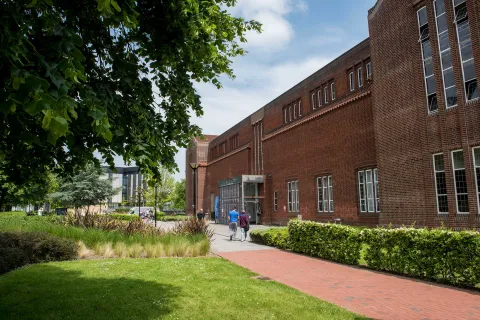
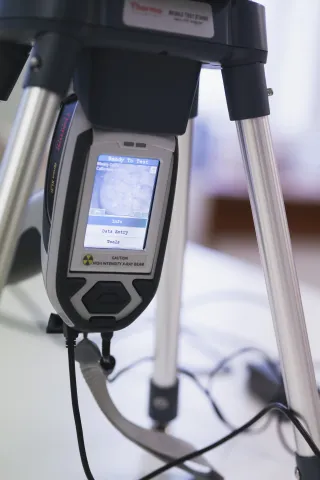

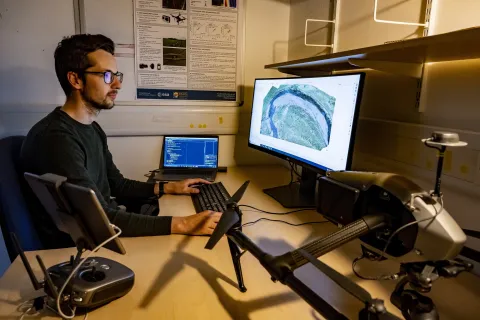

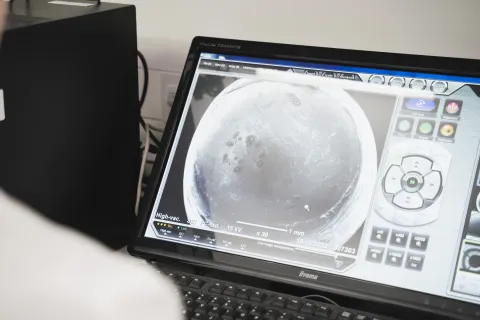
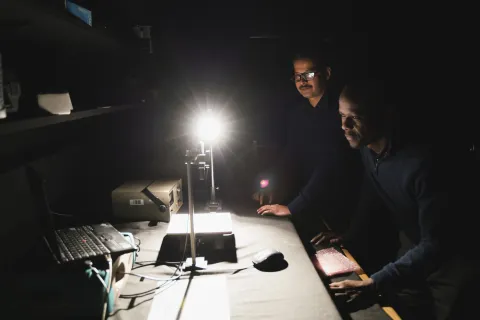
Check the specific entry requirements for the project or opportunity you're interested in.
In general, you'll need to have a 2:1 honours undergraduate degree or equivalent qualification. You may also be able to apply if your grade was lower than 2:1, but you'll need to show you've made good process since your degree.
If English isn't your first language, you'll need to complete an International English Language Testing System (IELTS) to demonstrate your competence in English. You'll need all of the following scores as a minimum:
| overall score | 6.5 |
|---|---|
| writing | 6.0 |
| reading | 6.0 |
| speaking | 6.0 |
| listening | 6.0 |
Your awarded certificate needs to be dated within the last 2 years.
Check the specific entry requirements listed on the project you're interested in before you apply.
Our geography and environmental science PhDs are available to study in person or remotely.
A geography PhD can cover both human and physical geography, including areas such as remote sensing and geographic information systems.
Research degrees have a minimum and maximum duration, known as the candidature. Your candidature ends when you submit your thesis. Most candidatures are longer than the minimum period.
| Degree type | Full time | Part time |
| Geography PhD | 2 to 4 years | 3 to 7 years |
| Environmental science PhD | 2 to 4 years | 3 to 7 years |